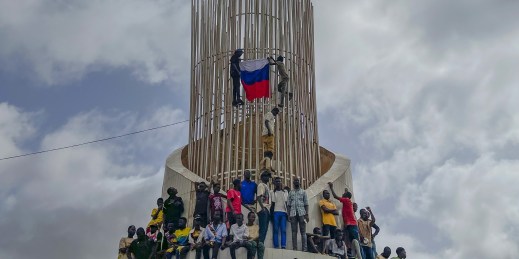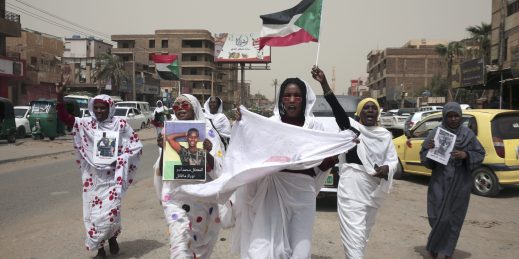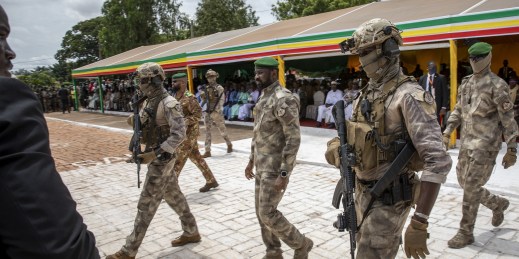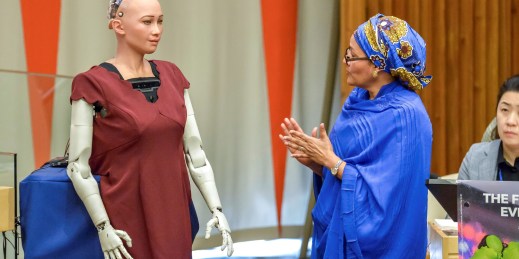
The recent decision by the military junta ruling Niger to revoke the country’s security partnership with the U.S was just the latest in a series of developments that have remade the geopolitical landscape of West Africa. The result is a more competitive playing field for the outside powers seeking influence in the volatile region.




